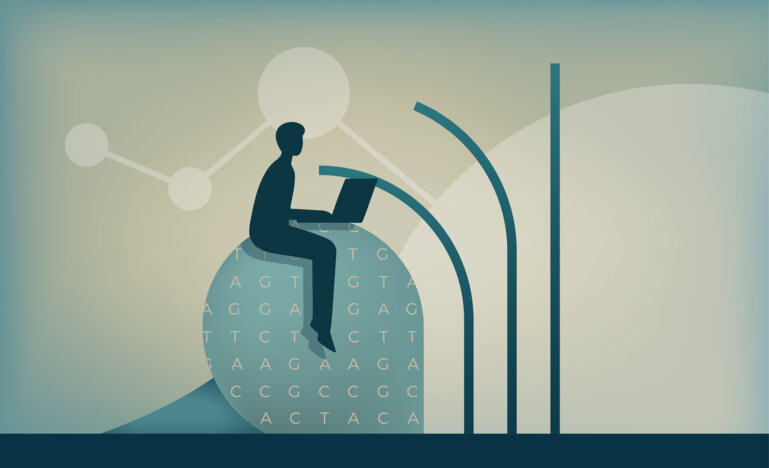The rapidly increasing integration of AI into many aspects of breast cancer management calls for urgent definition of expected levels of evidence and bespoke regulatory and reimbursement processes
Artificial intelligence (AI) is just about everywhere in the field of breast cancer right now. While AI research is only at an early stage in many cases, the pace of change is undeniable. Currently, the most solid evidence, and the biggest clinical application, is in the detection of breast cancer. Initial computer-aided detection systems, which have already been implemented in the augmentation of screening for some time, can now be outperformed by next-generation models. A key criticism of research in this area has been its reliance on retrospective data, but prospective studies are now beginning to emerge to confirm AI’s benefits in supporting mammographic screening (Nat Med. 2023;29:3044–3049; Lancet Digit Health. 2023;5:e703–e711).
Other promising uses of AI in breast cancer are some way behind. In a related application – the prediction of future breast cancer risk to enable tailoring of more intensive screening for women at high risk – AI models in combination with traditional risk models may prove to be a sensitive tool (Radiology. 2023;307:e222733). A number of companies in several countries are already developing models, but few, if any, have received regulatory approval. AI has also driven a change in pathology diagnosis, from interpretation using a microscope to interpretation using a computer, meaning that virtual slides are now a must. In addition to aiding diagnosis, these virtual slides may offer other clues that will improve patient management. For instance, the research on using AI to predict prognosis beyond classical markers is already quite advanced and it may provide a very easy, very rapid and very convenient alternative to expensive genomic tools to help guide treatment selection. The use of AI to guide radiotherapy, for example, predicting dose distribution, is also an evolving field (Radiat Oncol. 2022;17:25).
The biggest challenge to the wider use of AI in breast cancer and beyond is determining the levels of evidence for its acceptability. The field is moving so quickly that this has not really been considered extensively. AI models are not medicines nor devices and so what prospective validation is required? Beyond the CE mark, how do we define what we expect from AI and regulate model approvals? To what extent should AI replace standard medical activities and personnel? What level of trust do we have in it? And what level of trust do the patients expect from AI? The involvement of professional oncology societies like ESMO is going to be paramount in providing the professional community, providers and patients with timely and accessible answers to these questions.
There also needs to be clear definition of approval mechanisms and reimbursement responsibilities. It is sobering to recognise that AI has the potential to be of particular use to under-resourced countries – where there is often a lack of experienced healthcare professionals, such as pathologists – but, as with some new treatments, AI products might be priced out of reach for many who could benefit. As AI approvals in breast cancer management begin to increase, we must strive for equity in access.
AI & Digital Oncology: Resources in one place
Looking for further insights into how artificial intelligence and digital tools are impacting oncology? The ESMO AI & Digital Oncology Hub brings together expert perspectives, research updates, and thought leadership from across oncology.
It is a space where you can stay informed, discover resources, and follow the conversation on digital innovation in cancer research and treatment.
To further explore the transformative potential of AI in oncology, the very first ESMO AI and Digital Oncology Congress 2025, taking place from 12 to 14 November, will provide a dedicated platform focused on the latest advances in AI and digital technologies in cancer care.






